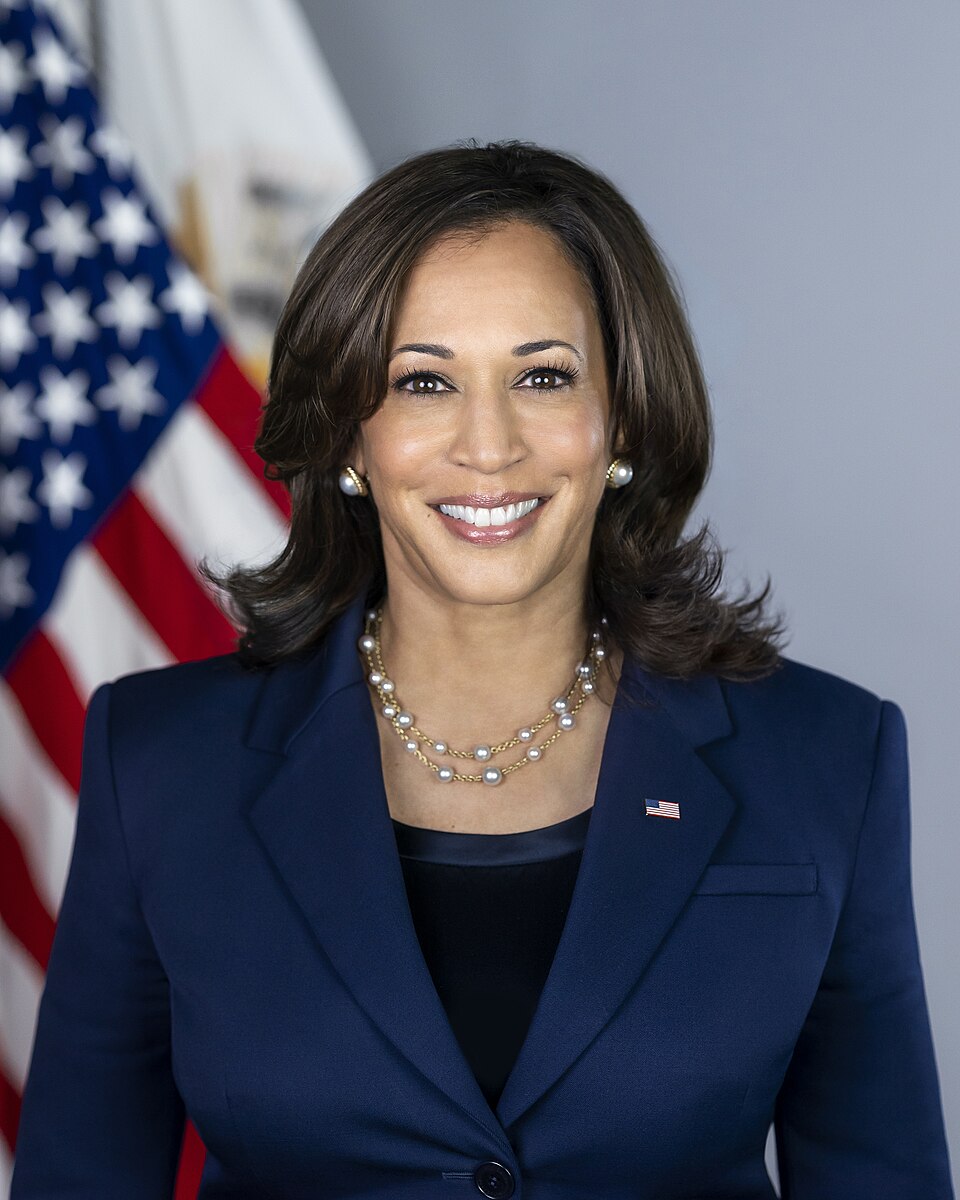CELEBRITY
MUST SEE: Kamala Harris Admits the Biden White House Should Have…

In her upcoming memoir 107 Days, Kamala Harris delivers one of her most candid critiques yet of the administration she once served as Vice President. At the heart of her message is a bold admission: relinquishing the decision about another term to then‑President Joe Biden and First Lady Jill Biden amounted to “recklessness”.
Here’s what the excerpt reveals, why it matters, and what it signals for the future of U.S. politics.
What Harris Says
On Biden’s re‑election decision Harris states:
“‘It’s Joe and Jill’s decision.’ We all said that, like a mantra, as if we’d all been hypnotised… Was it grace, or was it recklessness? In retrospect, I think it was recklessness.”
She argues that letting such a consequential choice hinge on a personal decision—as opposed to a broader institutional process—was too risky.
Her role in the decision
She acknowledges that, as Vice President, she felt she was in the “worst position” to challenge the decision:
“And of all the people in the White House, I was in the worst position to make the case that he should drop out. I knew it would come off to him as incredibly self‑serving if I advised him not to run.”
On Biden’s age and performance
Harris writes that while she did not believe the president was incapacitated, she observed that at age 81 he had grown “tired” and that “his age showed in physical and verbal stumbles.”
On her experience within the White House
She criticizes the White House communications and senior staff for failing to support her when she was under attack, saying the thinking was “zero‑sum: If she’s shining, he’s dimmed.”
Her loyalty to country vs. loyalty to president
Harris writes:
“If I believed it was incapacity, I would have said so. As loyal as I am to President Biden, I am more loyal to my country.”
Why This Matters
Re‑opening internal debates within the Democratic Party
Harris’s remarks highlight a major internal question: Should the decision to run for president at an advanced age be left to the individual, or should it involve broader institutional or party mechanisms? Her critique suggests the latter.
Impact on public trust and democratic norms
By framing the decision as driven by ego and ambition, and by pointing to structural failures (e.g., lack of backup for the Vice President), Harris raises concerns about how power is managed at the highest levels—and how transparent and inclusive decision‑making really is.
Signals for Harris’s own political future
Her willingness to speak this openly could clear space for her to shape her own narrative—especially given that she has left open the possibility of seeking the presidency in 2028. Her book and its themes will likely influence how she positions herself going forward.
Key Takeaways
The phrase “recklessness” is rare for someone who served as the second‑in‑command. It marks a significant departure from typical loyalty rhetoric.
Harris is not entirely repudiating the Biden administration’s achievements—she acknowledges Biden’s experience and conviction—but she contends that the decision‑making process failed when stakes were so high.
The critique isn’t only about Biden personally: it’s about the structure of power in the White House and in the party. Harris argues that when the team around the president treats the Vice President as a potential threat rather than an asset, it weakens governance.
Broader Context & Questions
Age and fitness for high office: Harris’s comments feed into ongoing debates about whether very senior leaders should run for office, and how age can affect performance—without necessarily being disqualifying.
Vice Presidential role and visibility: Her account underscores how a Vice President can be sidelined (even unintentionally) by the president’s team, which raises questions about the role’s independence and equity.
Internal party dynamics: The fact that the decision “It’s Joe and Jill’s decision” became a mantra suggests a narrowing of deliberation—a potential warning sign for party renewal and inclusivity.
Conclusion
Kamala Harris’s coming‑out with this critique represents more than a memoir shocker—it’s a reflection on leadership, decision‑making, and power structures at the top of U.S. government. By describing the choice to let President Biden decide whether to run as “recklessness”, she challenges assumptions about loyalty, process, and accountability.
As the book 107 Days is released and further details emerge, the political fallout will be worth watching—not only for what it means for Harris personally, but for the Democratic Party and U.S. politics more broadly.










